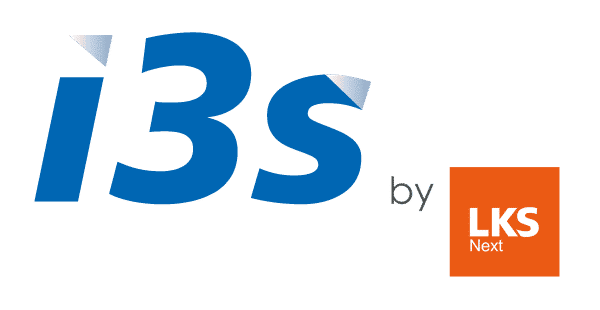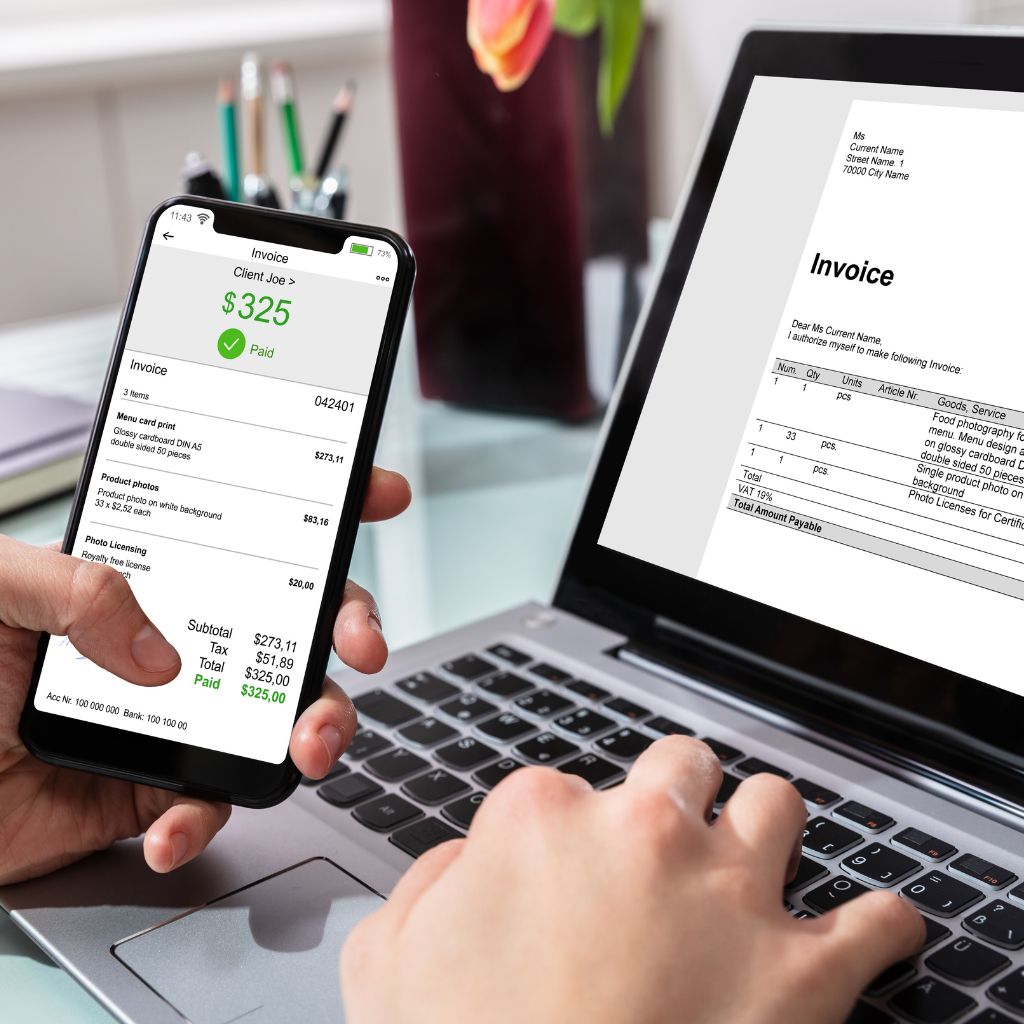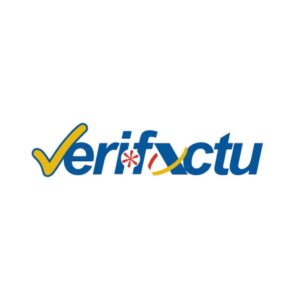Patricia Martínez Ruiz
The use of electronic invoicing grew by 21 % in Spain last year, reaching an all-time high. This increase is due to an increase in the level of digitalization of business processes, but also to the anticipation of many companies to the future obligation of the Law Creates and Grows. In fact, its adoption is already mandatory in the public sector and will be progressively required in the private sector in the coming years.
Data on electronic invoicing in Spain
For whatever reason, the fact is that electronic invoicing is electronic invoicing has surpassed 500 million documents exchanged for the first time, according to the latest study on electronic invoicing in Spain by Seres .
The use of electronic invoicing as a key tool in business management is consolidating, even in SMEs (with 31.78% of documents issued and 33.84% of those received), which seek to maximize their efficiency, traceability and security in financial operations with e-invoicing in order to improve their competitiveness.
By sector, wholesale or retail trade was the most active, accounting for 25.4% of the total volume of electronic invoices. electronic invoices invoices issued.
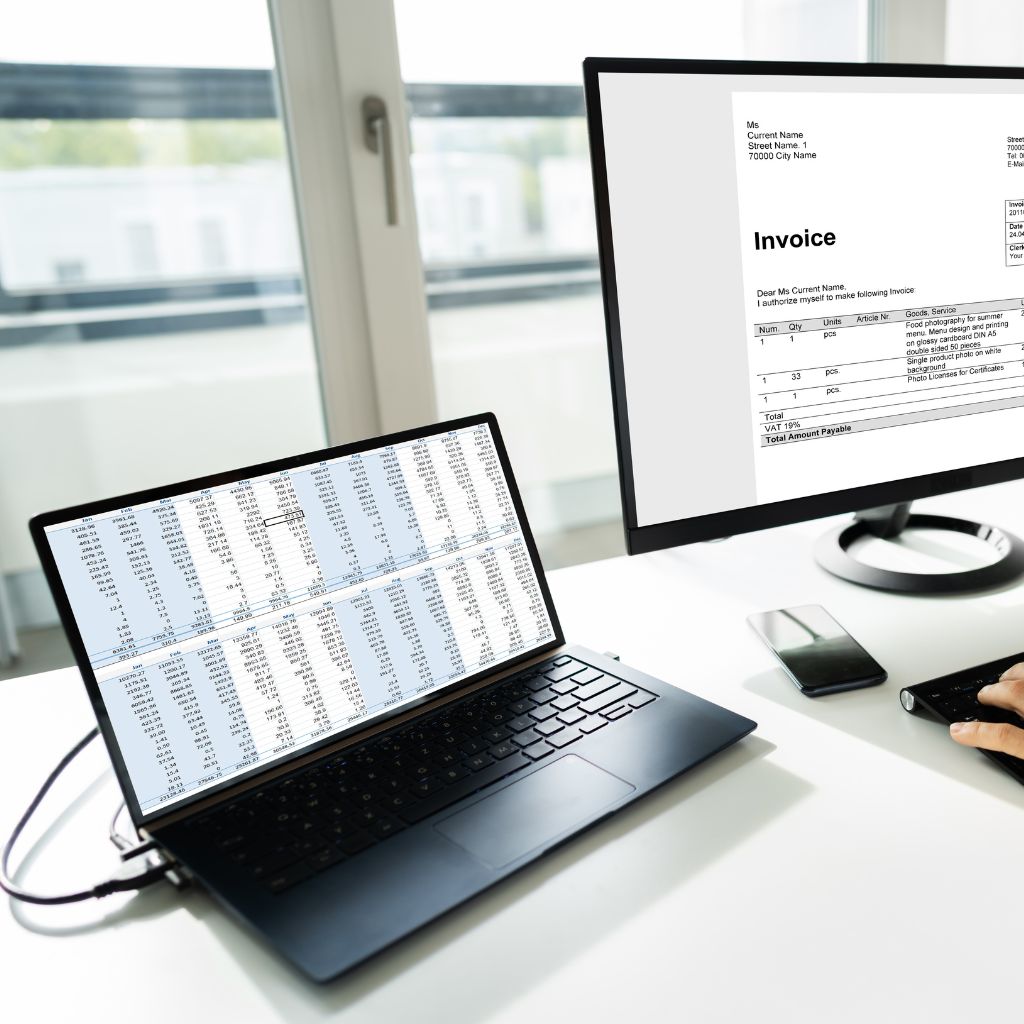

What is an electronic invoice?
An electronic invoice is a legal document that, like the traditional paper invoice, certifies the delivery of goods or the rendering of services for a certain value, but is issued and received in digital format, with equivalent legal and fiscal validity.
Its structure usually conforms to XML or PDF format with metadata, and must meet specific requirements, such as:
- Authenticity of origin (who issued it).
- Integrity of the content (has not been altered).
- Readability for the addressee.
These requirements are ensured by means such as electronic signatures, secure data interchange (EDI) or the use of certified platforms.
In the Basque Country, for example, the use of electronic invoicing electronic invoice is fully implemented. It is governed both by state regulations and by the tax peculiarities of its provincial councils (Bizkaia, Gipuzkoa and Alava), which manage the taxes autonomously. In all of them, after a period of progressive introduction, the electronic invoicing is now mandatory for use by public institutions as well as by companies and self-employed individuals.
For this purpose, the use of electronic invoicing systems systems enabled for this purpose and with immediate registration of invoices in each one of the Regional Tax Authorities to guarantee tax traceability.
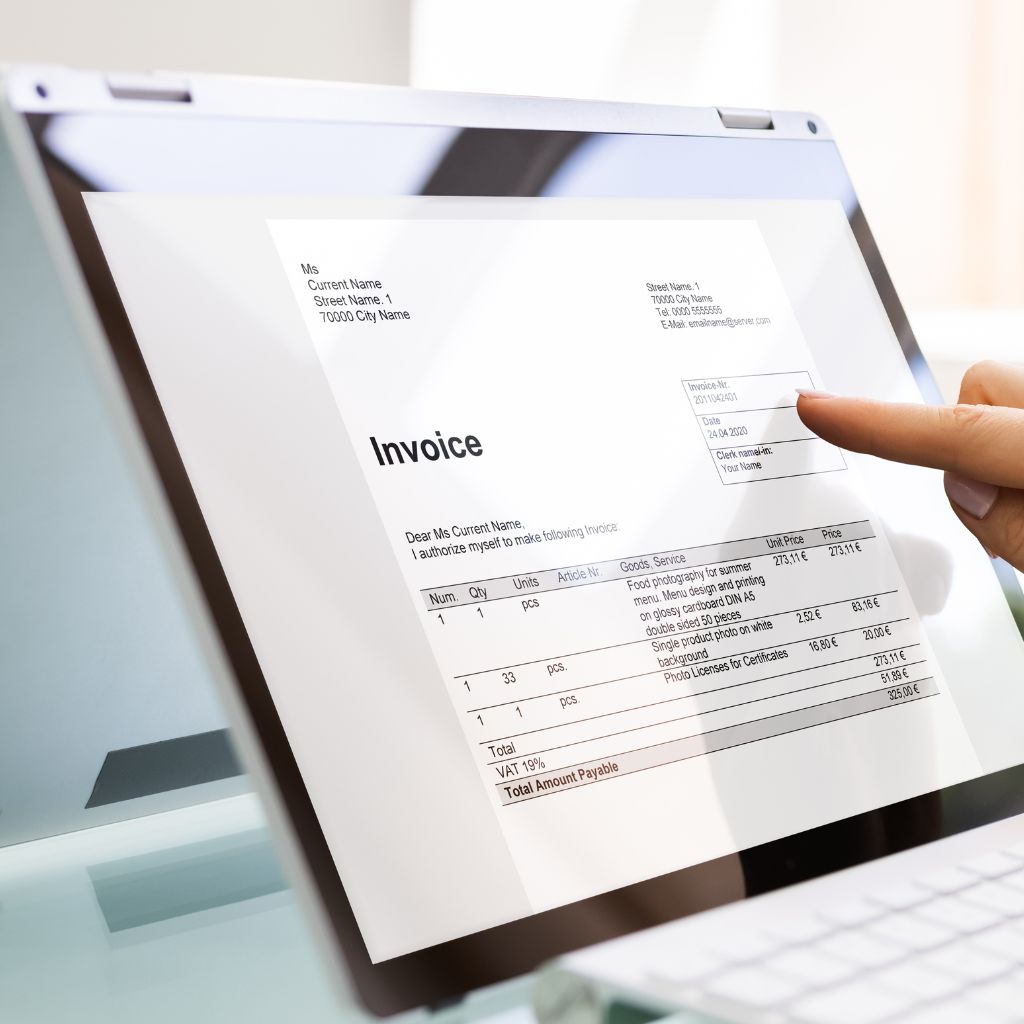

Benefits of electronic invoicing
The benefits are multiple, but we could cite three that the aforementioned study highlights:
- Savings in operating costs4,328 million euros, due to the automation of the accounting and tax process and the reduction of printing, storage and mailing expenses.
- Time savingsequivalent to 1,194 work years in working time, due to the reduction of issuing, sending and receiving time, as well as greater agility in the management of collections and payments.
- Reduction of paper consumptionwhich would entail the felling of more than 31,000 pine trees, and reduction of the carbon footprint associated with document management.
- Guarantee of traceability in economic operationsThe company’s document control and reduced risk of loss, in addition to the possibility of real-time monitoring of the status of the invoice.
- Regulatory complianceThe company’s compliance with tax obligations facilitates compliance and reduces human error, and improves transparency and the fight against the underground economy.
- Improved relationship with customers and suppliers by facilitating interoperability, especially when both parties use compatible systems.especially when both parties use compatible systems, which improves the company’s image as a digital and efficient organization.
In short, the electronic invoicing offers substantial advantages in terms of efficiency, control and sustainability, in addition to progress in the digitalization of the productive fabric and the reduction of the administrative burden on departments.
What is an electronic invoice?
In Spain, the issuance of electronic invoices has gone from being a voluntary option to a progressive obligation, especially driven by the regulatory framework aimed at digital transformation and the fight against tax fraud.
Public sector (consolidated obligation):
Since January 15, 2015, all suppliers of the Public Administrations must issue electronic invoices through the FACe platform, in accordance with Law 25/2013.
Private sector (progressive obligation):
Law 18/2022, of September 28, on the creation and growth of companies (Crea y Crece Law) establishes that companies and freelancers must invoice electronically in their B2B (business-to-business) relations on a mandatory basis. However, the entry into force of this regulation and, therefore, the mandatory electronic invoicing is being implemented in tranches, which are expected to be implemented in 2026 in two phases:
- Companies with an annual turnover of more than 8 million euros.
- Other companies and self-employed.
At the EU level, some companies and all public administrations are using the European standard on electronic invoicing . Thus, all EU public administrations can receive electronic invoices for public contracts, and some EU countries oblige suppliers to submit electronic invoices for these procedures.
In fact, each Member State has defined its own rules on how e-invoicing works. electronic invoicing.
What does a company need to jump on the e-invoicing bandwagon?
The implementation of the electronic invoicing involves both technical and organizational decisions. To do so, a company needs:
- A suitable technological solution. An electronic invoicing software compatible with the required formats and the possibility of integrating it with the ERP or accounting system (for example, SAP Business Network ).
- Qualified electronic signature. Digital certificate issued by an accredited entity to sign invoices and guarantee their authenticity.
- Connectivity with official platforms. In the case of invoicing with Public Administrations, connection with FACe (general entry point for electronic invoices). In the future, connection with the B2B exchange platforms to be established by the Tax Agency.
- Adaptation of internal processes. Training of personnel in new tools and procedures, and updating of document management and accounting protocols.
- Compliance with legal requirements. Incorporation of all mandatory data in the invoice according to the Invoicing Regulation (RD 1619/2012) .
Choose a specialized electronic solutions provider
Electronic invoicing is a key tool in the digitalization process of companies, with positive effects on efficiency, regulatory compliance, fiscal transparency and sustainability.
Most companies wishing to adopt this solution and thus anticipate legal requirements choose to obtain assistance from a specialized service and solution provider. In other words, a company capable of providing electronic tools and/or creating a electronic invoicing system.
In order to choose the most suitable one, every company must have a clear vision:
- Requirements: Depending on the type of electronic invoice chosen and the level of security required.
- How to develop the e-invoicing application: when faced with the need for a technical solution, you can choose to develop your own application, internally, or find a solution provider that can do it or a standard software that brings together the necessary capabilities.
- How to implement the solution: through key areas. If you choose to engage a solution provider, they generally lead this process.
It is also essential to assess the technical compliance of the purchased solution with the European standard and to ensure that invoices can be processed quickly and efficiently in any EU member state in which the company operates.
Marketing and Communication i3s
